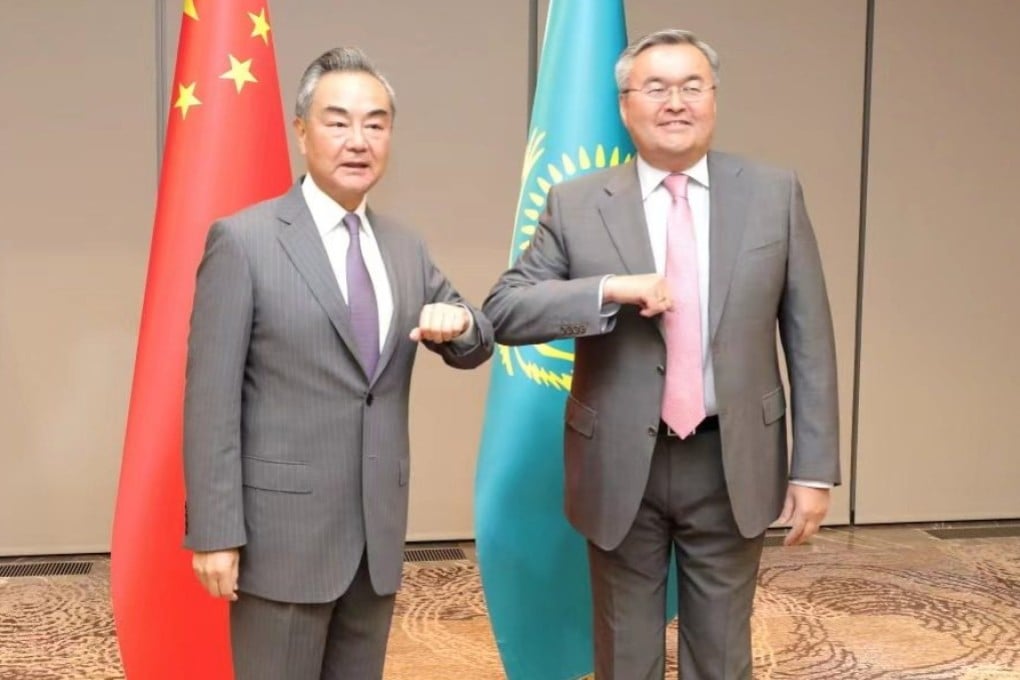Asian Angle | As instability brews in Central Asia, can China’s investment diplomacy in region still work?
- Uncertainty on the rise as five Central Asian countries struggle with looming civil war, riots and possible confrontation with Russia
- Coming summit in Uzbekistan could indicate how Beijing will seek to protect economic, security interests in region to counter Moscow’s influence

But now, internal tensions as a result of economic woes and external pressures from transnational terrorism and criminal organisations have created a tinderbox.
These adversaries include the ever-widening range of militant groups in the region, such as the Islamic State in Khorasan Province, the Turkestan Islamic Party in the Badakhshan area, and the Pakistani Tehreek-e-Taliban Pakistan.
While the European Union is focused on Ukraine and the United States is trying to juggle the Russian invasion and the Indo-Pacific, Beijing is in full crisis management mode along its “near abroad”. Next month’s Shanghai Cooperation Organisation (SCO) summit, to be held in Samarkand, Uzbekistan, will amplify how the Central Asia region is a source of worry in China, other Asian countries, and the Middle East.

While Kyrgyzstan and Tajikistan were previously considered the weakest links in the area due to civil war and economies that have struggled to take off since independence, Kazakhstan – once regarded as the region’s poster boy – is now on shaky ground. Civil unrest early this year saw the deployment of more than 2,000 foreign paratroopers, mainly Russian, from the Collective Security Treaty Organization to stabilise the situation.
